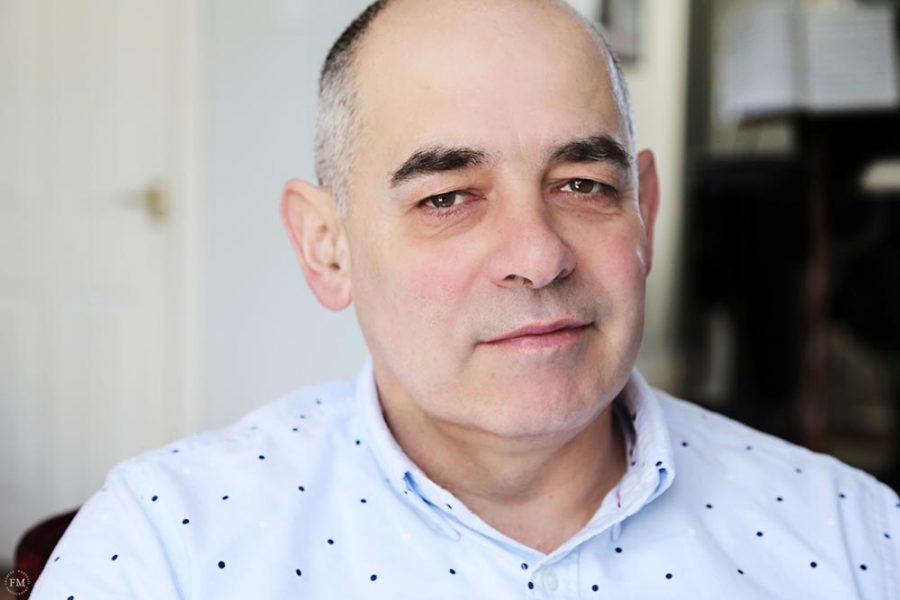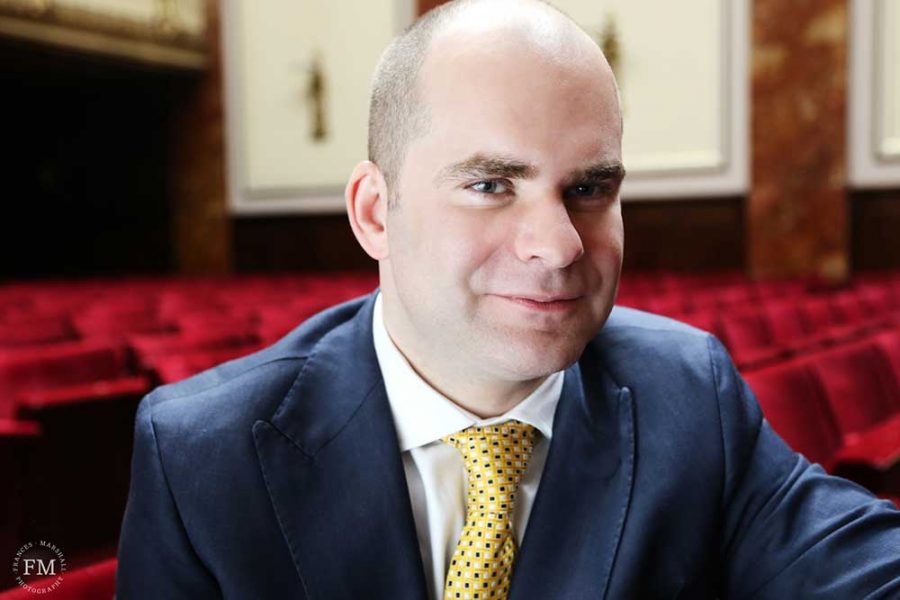The Long Game: Roderick Williams

February 2019
Interview and photos by
Frances Marshall
Share this article
Ever wonder what the right components are to become an internationally celebrated musician while still managing to be known as one of the ‘nicest’ artists in the classical music industry?
We sat down with baritone Roderick Williams to talk about maintaining a stable career, the implications of performance rituals, how to view criticism and the secrets to an excellent relationship with your agent.
I look for friendship, a collegiate atmosphere, a shared curiosity and desire to do the best that we can achieve together."

Who inspired you as a young musician?
I think I was inspired by the music I was hearing rather than individual personalities. It may sound a bit naff to say, but I think the most important influences on me as a boy were my parents. They listened to classical music a great deal, amongst other sorts of music, and made that feel perfectly normal. They supported and transported me whenever I needed it as a young cellist and singer. Then there’s my older brother, Mark, who was a chorister and terrific musician – I followed in his footsteps. My first singing teachers, Valerie Heath Davies, a former chorus member at English National Opera and Janet Edmunds, who looked after the choral scholars at Magdalen College, Oxford.
I may not have realised at the time, but these people were all crucial in forming me as a musician through my early years and into my teens.
You work very frequently with some of the world’s best accompanists, what’s so important about this relationship and what are you looking for?
I look for friendship, a collegiate atmosphere, a shared curiosity and desire to do the best that we can achieve together. I want to enjoy what I do and to do better. An amateur tennis player friend of mine says that she plays better when she plays against people who are better than her; it raises her game. I enjoy this dynamic too when I work with the best accompanists.
Do you have any pre performance rituals?
I try not to have any rituals; my superstition is not to have a ritual because if you construct a set of circumstances without which you won’t feel comfortable, the day when, for whatever reason, you are not able to replicate those circumstances, you will take the stage off balance. You’re doomed before you’ve even started. I try to be as un-fussed as I can possibly be before a show.
You’ve managed to achieve the difficult balance of being renowned as a recitalist and operatic star, tell us about the differences in your preparation for these two art forms.
I don’t see any special difference between any of the types of music I sing. Everything needs to be prepared and learned, sung into my body until it fits me comfortably, be it an opera role or a recital programme. I don’t always have time to achieve this properly, but that is the aim!
An opera may take four to six weeks of daily rehearsals, most usually with a fairly large team of colleagues: singers, repetiteurs, conductor, director, stage management, costume, orchestra, house management and so on. Whereas a recital might be just me and a pianist. That’s the difference. But the requirements of my preparation remain the same whatever I sing.

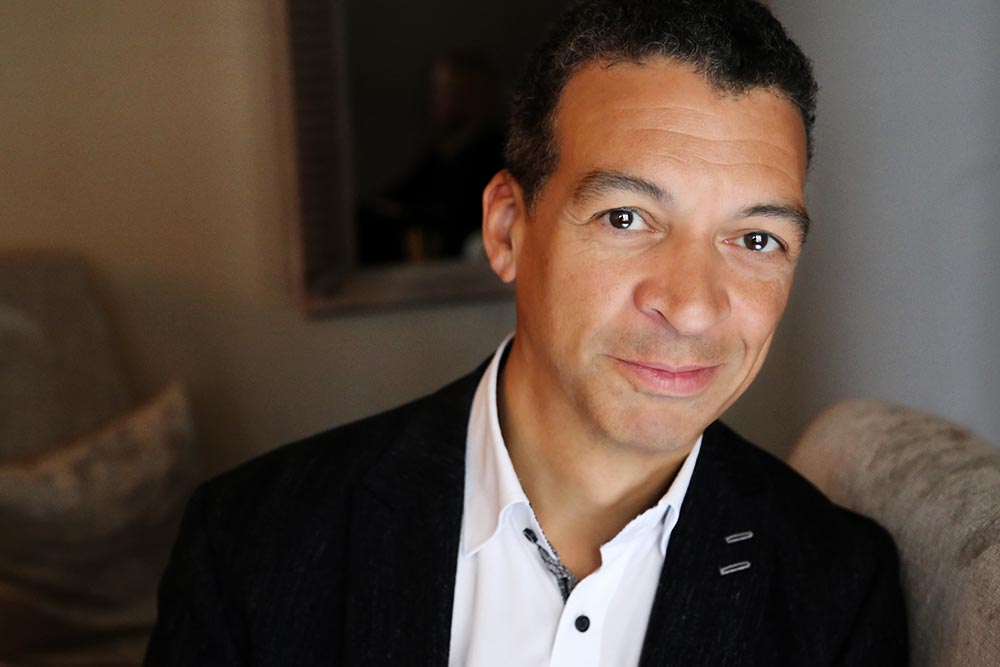

My career has been slow and stable ever since I can remember."

When did your career change gear to the international success you are at now?
My career has been slow and stable ever since I can remember. I am really comfortable with that shape as I don’t feel I have had many instances of trying to perform at a level for which I have not been ready. This has given me a basic self-confidence that has made my career hugely enjoyable and not too intimidating. I have always tried to get on with my job and do the best I can; whatever success that has come my way I have been grateful for. But I honestly can’t think of a moment when anything changed substantially for me. I feel that my reputation within the business now, whatever that may be, has largely been achieved through longevity – I’m still going!
You are Artist-in-Residence at Milton Court, what does this position mean to you?
It’s lovely to have an association with a venue and with a promoter; a freelance career can be fairly mercurial – a performance here, a recital there, with little opportunity to build a relationship with promoter or audience. If I have learned one thing about this business, about life even, it’s that it is all about people. A residency gives one the space to invest in them.
For this upcoming concert at Milton Court on 26th February, you’ve programmed Clara Schumann’s stunning Liebst du um Schönheit alongside the contemporary works of Sally Beamish. Tell us more about your approach to programming, what do you look to for inspiration?
I try to programme recitals that will interest me as a performer and would interest me as a member of the audience. As an audient, I realise that there is a great deal of pleasure to be had in listening to repertoire you know and love. There is also a great deal of excitement in being led towards new repertoire, so that mix of the old and new is important. It is also interesting to have music you thought you knew re-interpreted in a new way; whatever that may be. I don’t mean looking for something quirky as a gimmick; I just mean that I love it when people tell me that a performance has caused them to look at an old favourite in a new way.
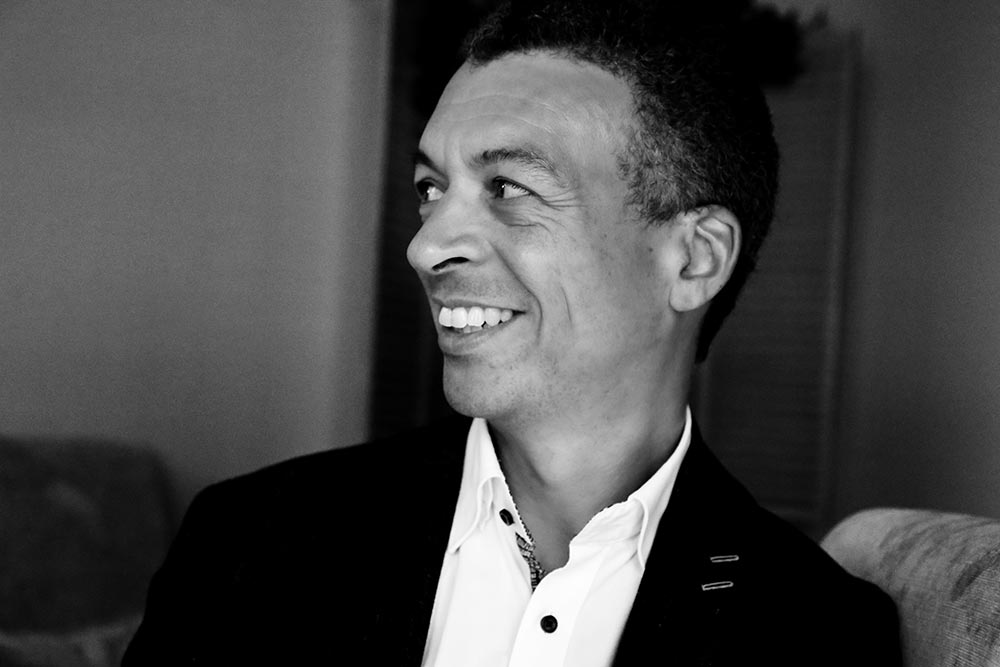

You’ve said before that ‘criticism is very important’, how do you filter feedback so that it’s useful to you?
I don’t read my media reviews and I haven’t done for about twenty years or so. But I value feedback from anyone I trust, especially my singing teacher, David Pollard, and of course my wife, who is a wonderfully perceptive member of the audience. I think I am strong enough to embrace feedback from anyone, in fact, when it is given to me in person. I hope I can learn from anyone, from someone coming to listen to a concert for the first time or from an expert in the field, from a child or from a seasoned concert-goer. How I use that feedback dictates the sort of musician I am; whether I try to pander to every thought that comes my way or whether I follow my own instincts regardless. There is a middle way and that is what I do my best to find.
You’re a great advocate of 20th century and contemporary composers, what makes a great singer for this genre?
I couldn’t say what makes a great singer, but I can suggest what makes a useful singer. Often in contemporary music, singers can be hung up on singing the correct pitches. This is where they throw the bulk of their effort. But in ensemble work, contemporary opera for example, the more important thing is to sing at the correct time. That way the piece stands a chance of fitting together. I think a real sense of pulse and rhythm is crucial for making contemporary music. If, once that is in place, a singer is able to sing the right notes, the right shapes even, and, as a bonus, do so lyrically so that their singing instrument is not compromised, that would be terrific.

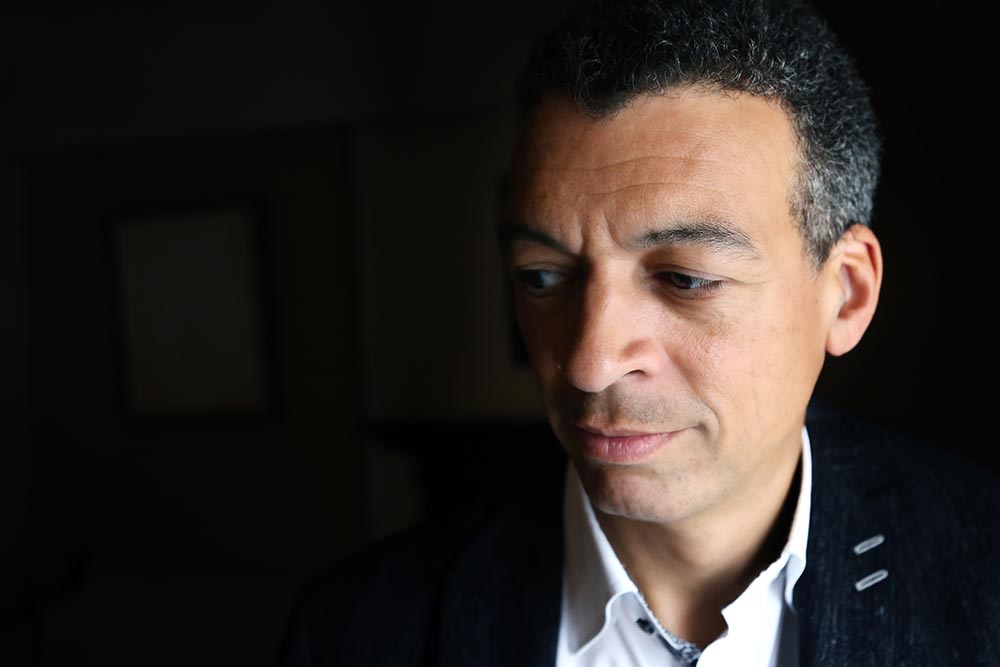

Many artists struggle to turn off when they’re in the audience. Can you disconnect?
Like most human beings, I love a good story. When a performance really grips me, I can totally forget myself in the way one often does at the cinema. If I am distracted by something, a performer under par or just something in the delicate balance that is ‘off key’ then it’s hard to lose one’s self.
You’ve always been so positive about your agent Jonathan Groves, what makes for the perfect artist/manager relationship?
I used to think that, having a reputation as being ‘a bit nice’, that I would need an agent who was conversely hard-nosed and tough in the business, someone who could bang the table on my behalf and throw some weight around. I came to understand however what people mean when they say your agent ‘represents’ you; Jonathan and his team are human beings of integrity, of warmth, good at their job, certainly not pushovers, but people with whom you would gladly have a chat, have a meal with. I like to think that promoters all over the world look forward to picking up the phone and dealing with any one of them on my behalf. I certainly look forward to my interactions with them. I wonder how many other artists can say that of their agents.
Like most human beings, I love a good story. When a performance really grips me, I can totally forget myself..."

To find out more about Williams’ upcoming performances at Milton Court see: www.barbican.org.uk/whats-on/tag/milton-court
All images displayed in this article are subject to copyright.
Share this article



